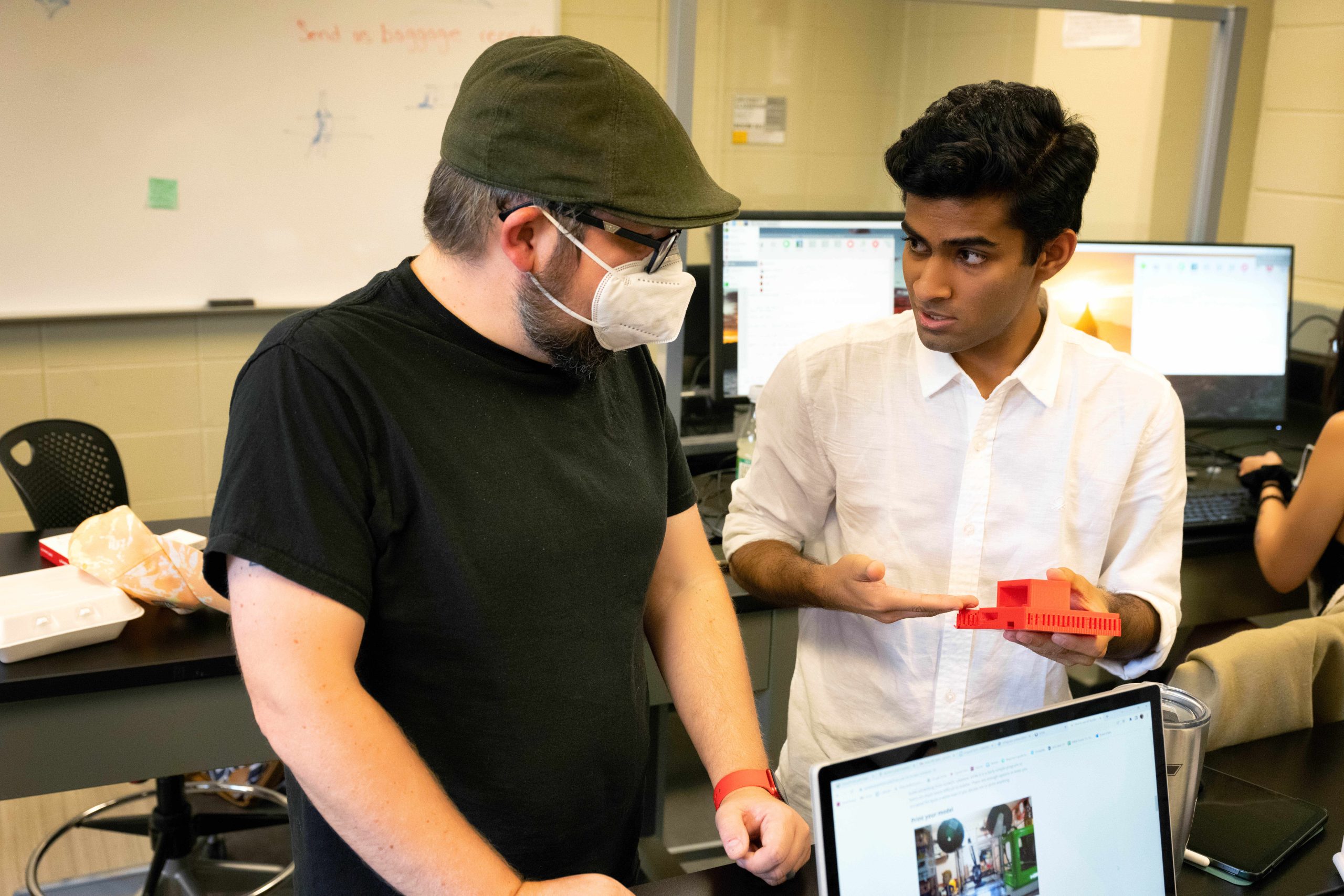Strategies for Instructors

James M. Lang’s book, “On Course: A Week-by-Week Guide to Your First Semester of College Teaching,” points out that instructors only see or know a small amount about students’ lives and when they do become aware of students’ personal lives, it is key to maintain a professional standard of conduct (Lang, 2008). Lang encourages instructors to be prepared to listen but not to counsel (Lang, 2008). Listen to what and why the students have come to you, and you can assist them in telling their story, but do not take it upon yourself to counsel them on the matters they presented to you. Instead, redirect students to services that are openly offered around your campus. These resources will have the proper education and knowledge to provide what the student needs. Brochures, emails, phone numbers (if provided), website links, and names of specific trained persons or centers can be stored for students. Having these in multiple locations can maximize the accessibility for students: in the syllabus, on hand, as a reminder, and linked in ICON.
- Domestic Marginalized Communities
- Domestic Marginalized Communities is a mental health resource that was created for domestic marginalized groups ranging from Black, Indigenous, and People of Color (BIPOC) to refugee students, staff, and faculty. It addresses how these groups are affected disproportionately and offers practical options for help.
- Women’s Resource and Action Center
- The Women’s Resource and Action Center offers free mental health services and therapy, with specific focus on people of color and LGBTQ+ students, staff, and faculty.
- Quick Guide to Responding to Distress
- This guide can be downloaded and used to help instructors who are untrained in assisting students.
- Mental Health at Iowa
- This is the main source for all mental health needs that is provided by the University of Iowa.
- Transgender Resources
- This webpage offers four additional resources that provide counseling and support groups for transgender persons, trans communities, and allies.
- Working with Students in Distress
- A workshop that is offered by the university that educates and helps staff and faculty in responding to students who come to them in distress. It equips you with skills, what signs may look like, gauging emotions of a student, and strategies on what to do and how to assist.
Additional Reading on Mental Health Conversation
It is also important for instructors to find ways to incorporate the discourse of mental health throughout the semester by using their syllabus, creating conversation early in the first week’s meeting, and continuing to follow up. Four strategies are touched on by Todd D. Zakrajsek, associate professor in the Department of Family Medicine and associate director of the Faculty Development Fellowship Program at The University of North Carolina at Chapel Hill. Zakrajsek dives into how deadlines, structure, the syllabus, and class expectations can help students feel uplifted, supported, and that they belong. (Zakrajsek, 2022).
